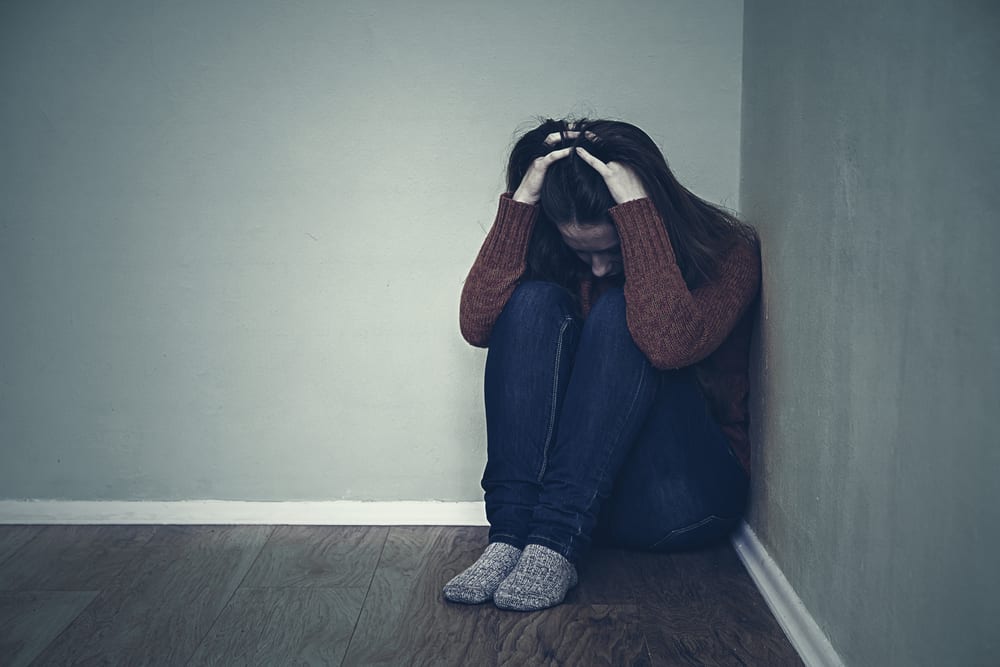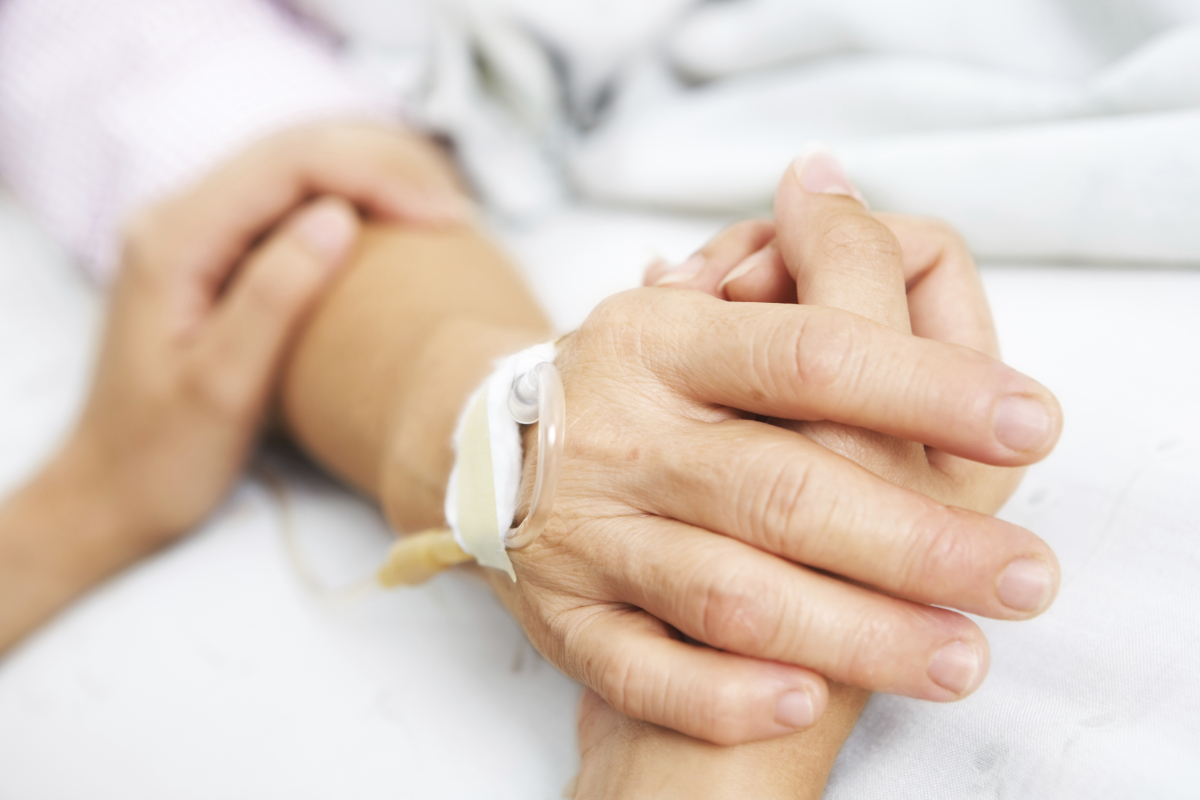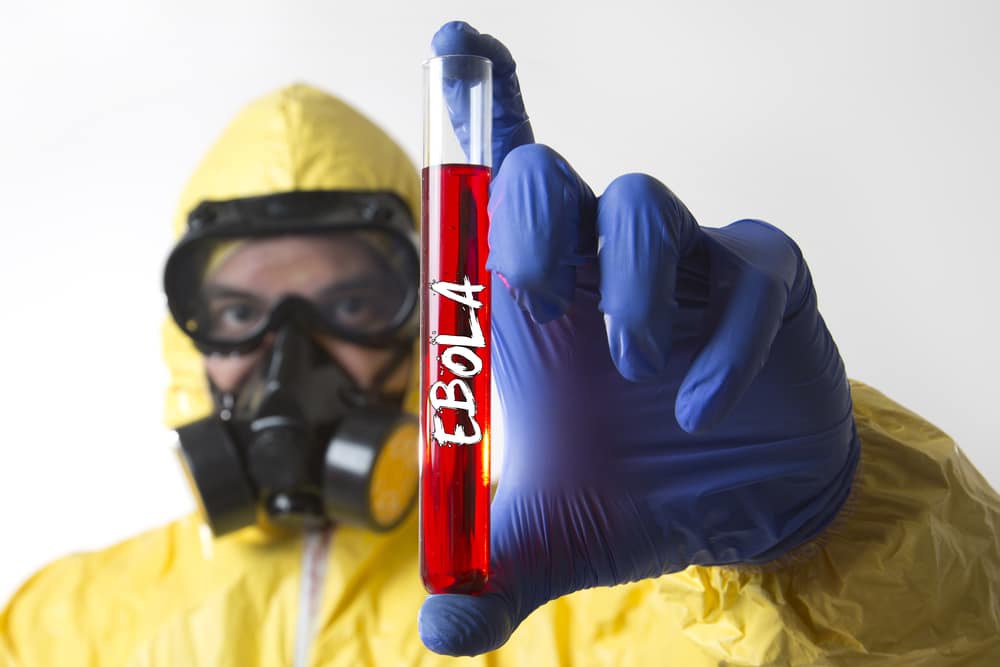Contents:
- Medical Video: Schizophrenia Symptoms : Signs of Schizophrenia in Children With ADHD
- What is schizoaffective disorder?
- What are the symptoms?
- Cause someone can experience schizoaffective disorder
- Diagnosis of schizoaffective disorder
- Treatment options for schizoaffections
Medical Video: Schizophrenia Symptoms : Signs of Schizophrenia in Children With ADHD
Schizoafective is one type of mental illness that is often thought of as "crazy" or possessed. Limited access to health makes many people with schizoaffectives not get the right treatment. Get to know more complete schizoaffective disorders in this article.
What is schizoaffective disorder?
Schizoaffective disorder is a mental disorder in which a person experiences a combination of symptoms schizophrenia, such as hallucinations or delusions, and symptoms of mood disorders such as depression or mania.
There are two types of disorders mental illness this is what goes into the symptoms of schizophrenia. The two types of schizoaffective disorder are bipolar type which includes mania and severe depression, andtype of depression which only includes symptoms of depression.
As reported by the site Mayo Clinicschizoaffective disorders are very difficult to understand, unlike other mental disorders. Why is it difficult to understand? Because the schizoaffective symptoms themselves tend to vary for everyone who experiences this disorder.
Schizoaffective disorders that do not immediately get treatment and care willcause various problems in carrying out daily tasks, includinga decrease in work productivity and achievement in school due to the symptoms of this mental illness.
What are the symptoms?
Symptoms of schizoaffective disorder can be different for each person, depending on the type of disorder, whether bipolar type or type of depression. Someone who has schizoaffective disorder will usually experience a cycle of symptoms. There are times when they experience severe symptoms of this disorder, followed by improvement in symptoms. The following symptoms are usually indicated by someone who has schizoaffective disorder:
- Delusion. Having a false awareness of the meaning of reality that is not in accordance with the actual situation.
- Hallucinations. Often hear sounds or see things that really don't exist.
- Symptoms of depression. Often feels empty, sad, and worthless.
- Mood disorders. A change has occurred sudden mood or energy increase that is not in accordance with behavior or character.
- Communication disorders. If given a question it will only answer a portion of the question or even give an answer that is not at all related to the question.
- Can not do daily activities. Experience decrease in work productivity and achievements at school.
- Don't care about appearance. Someone who experiences this disorder, cannot take care of himself and does not care about cleanliness.
Cause someone can experience schizoaffective disorder
Actually, experts do not yet know what is the exact cause of schizoaffections. This condition is thought to be risky formed by a combination of many factors, such as psychological, physical, genetic, and environmental. But there are several risk factors that are thought to influence the formation of this condition, including:
- Genetic factors in families that have schizoaffective disorder, schizophrenia or bipolar disorder.
- Experienceexcessive stress which can trigger symptoms.
- Taking psychoactive and psychotropic drugs.
A person who has a schizoaffective disorder is at high risk of:
- Suicide, suicide attempts or suicidal thoughts.
- Feel isolated from the surrounding environment.
- Family conflict or with other people.
- Unemployment.
- Anxiety disorders.
- Easy to get involved in alcohol or drug abuse.
- Health problems.
- Poverty and homelessness.
Diagnosis of schizoaffective disorder
Schizoaffective is a mental disorder, so the examination must be performed by a psychiatrist or psychiatrist. To determine the diagnosis and selection of the right treatment, the doctor or psychiatrist generally performs a series of tests which include:
- Physical test
- Patient psychology evaluation
- CT scan
- MRI
- Blood test
CT scan or MRI examination in schizoaffective cases is intended to see abnormalities in the structure of the brain and central nervous system. While blood tests are carried out to ensure that the symptoms caused by the patient are not from the influence of drugs, alcohol, or other health conditions.
Treatment options for schizoaffections
Treatment for schizoaffectives will actually vary depending on the type and severity of the symptoms. In some cases, temporary hospitalization may be needed. While long-term treatment done routinely may also help control the symptoms of this disease.
People with schizoaffective disorder will generally get a combination treatment from drugs, psychological therapy, and skills training for daily activities.












